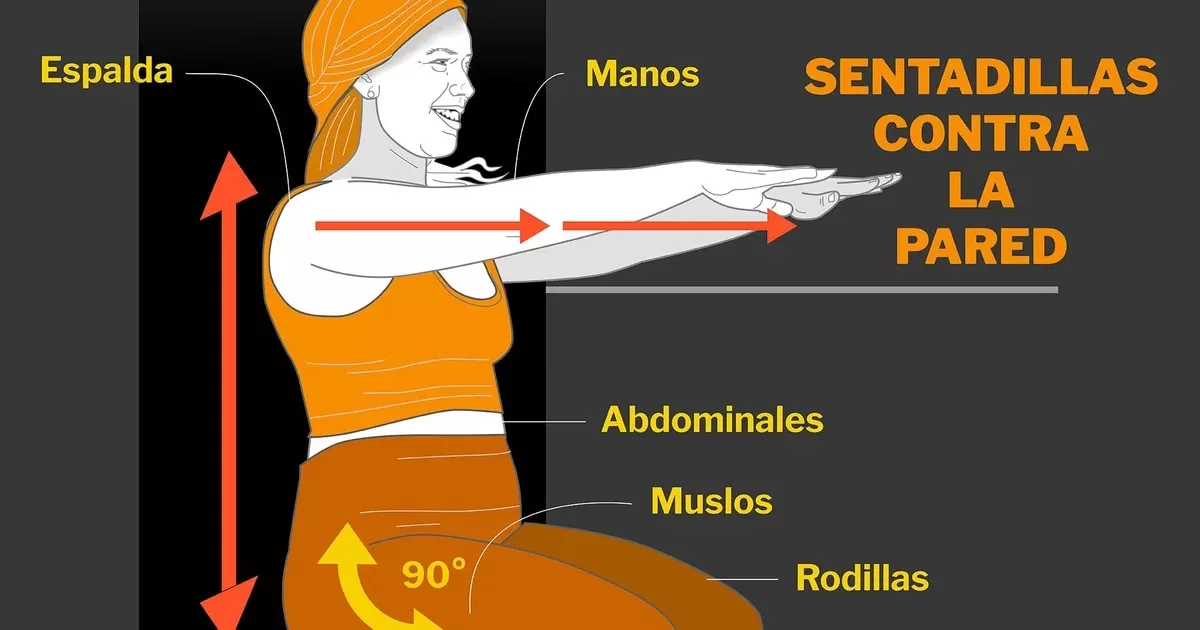
signs on benches for access allowed with assistance dogs/ the day
Many people with disabilities who need assistance dogs to carry out different essential activities await the regulation of provincial law 15,409, which was voted on in December, was published in the Official Gazette but has not yet been regulated. It establishes sanctions, requirements and obligations.
This newspaper published months ago the claim of different users of guide or assistance dogs who had difficulties using public transport or staying in commercial spaces.
After that publication and on the verge of closing the legislative calendar, Law 15,409 was approved.
In turn, some public benches in the City have already posted signs that explicitly mark the permitted access with guide or assistance dogs. For different entities that help people with disabilities, it is an “advance” in terms of inclusion.
Assistance dogs are used by people with various kinds of disabilities, not just those who are visually impaired.
According to Margarita Ziade, founder of the NGO Bocalán Argentina, “for many people with disabilities it is very important that the Province have its own law, which collaborates with accessibility and seeks to reduce the problem of discrimination. Its regulation and enforcement is of vital importance”.
FINES
The new regulations establish fines for public establishments or for public use that do not guarantee the entry of people with disabilities who arrive accompanied by assistance dogs and for users who must comply with different obligations to sustain that condition.
As a reference for the penalties, the basic monthly salary of an agent in the lowest category of the provincial administrative ladder with a 30-hour regime is taken into account, whose last value was around 21,700 pesos last December. In the case of minor infractions, the fines are equivalent to between 200 and 400 percent of the aforementioned salary. In this case, there is the possibility of an alternative and socio-educational sanction (mandatory attendance at a training program on the rights included in the law). In the case of serious fines, the amount is between 400 and 800 percent of the reference salary, and refers to ill-treatment of the assistance dog and this applies to those who do not allow access as well as to the owner of the service animal. attendance. It includes violating the access or permanence of people who use guide dogs, receiving additional income for permanence, fraudulently using the dog’s identification badge or mistreatment of the animal. Very serious offences, with a fine between 600 and 1,000 percent of the basic salary, include preventing access to a place that should be allowed, violating the right of access to the world of work of the user and carrying out a minimum three times in two years any of the offenses typified by law. While the closures run for offenders in the private sector in the most extreme cases of offenses or accumulated recidivism.
REQUIREMENTS AND OBLIGATIONS
The law sanctioned at the request of a project by Senator Daniela Reich, includes requirements that users and their assistance dogs must meet. Among others, the animals must have certification from the training center that the dog has been trained for such specific purposes; have the official health document; and comply with hygienic and sanitary conditions. While the user, among several obligations, must maintain the conditions of animal welfare; have a civil liability insurance policy; place her identification badge in a visible place on the dog; keep the dog next to her, with the corresponding restraint according to the space in which the assistance dog is used; carry documentation proving the status of assistance dog; use the animal exclusively for the fulfillment of the functions of its training.
Assistance dogs fulfill different functions: guide (accompanying, driving and helping blind or deaf-blind people); of service (help and/or support to people with some physical disability in the activities of their daily life); sound signaling (warns hearing impaired people of different sounds); warning (gives a medical alert to people with epilepsy, diabetes or other health condition); for people with autism spectrum condition (takes care of physical integrity, guides and controls emergency situations that may occur).
Access
Law 15,409 voted last December establishes access to public transport, gastronomic establishments, hotels and places of leisure and free time. It was published on January 10 in the Official Gazette but to apply it it must be regulated


